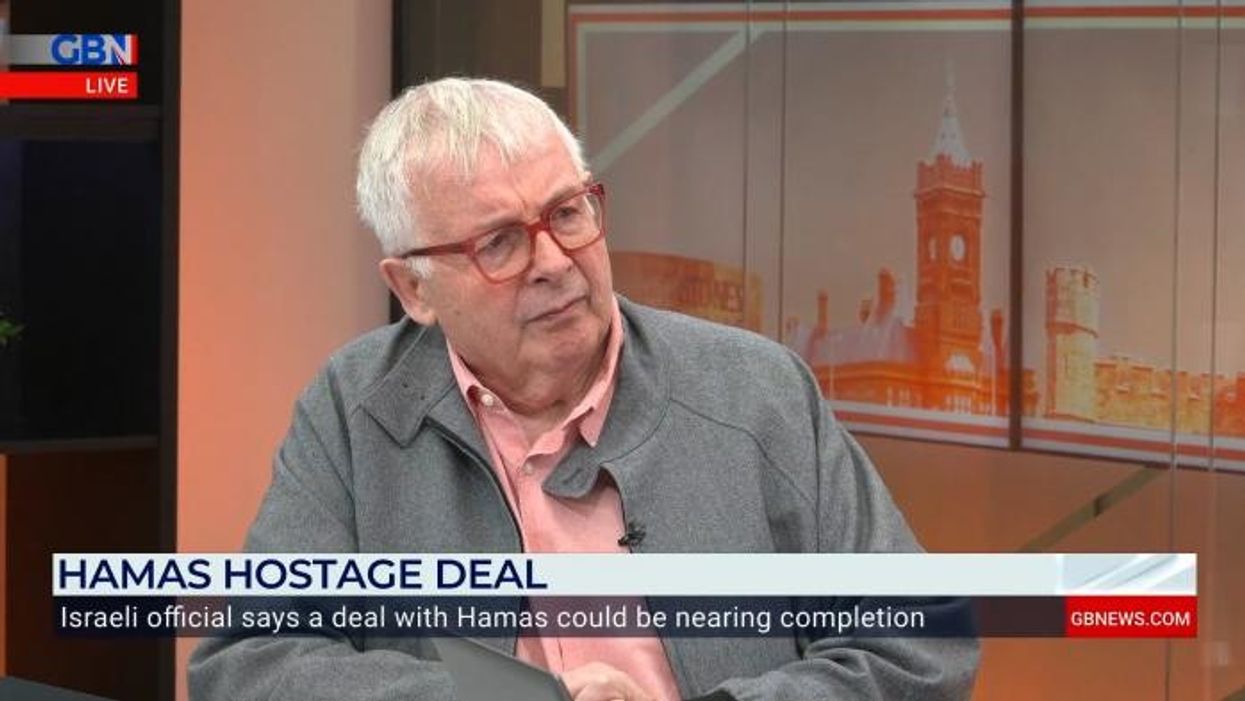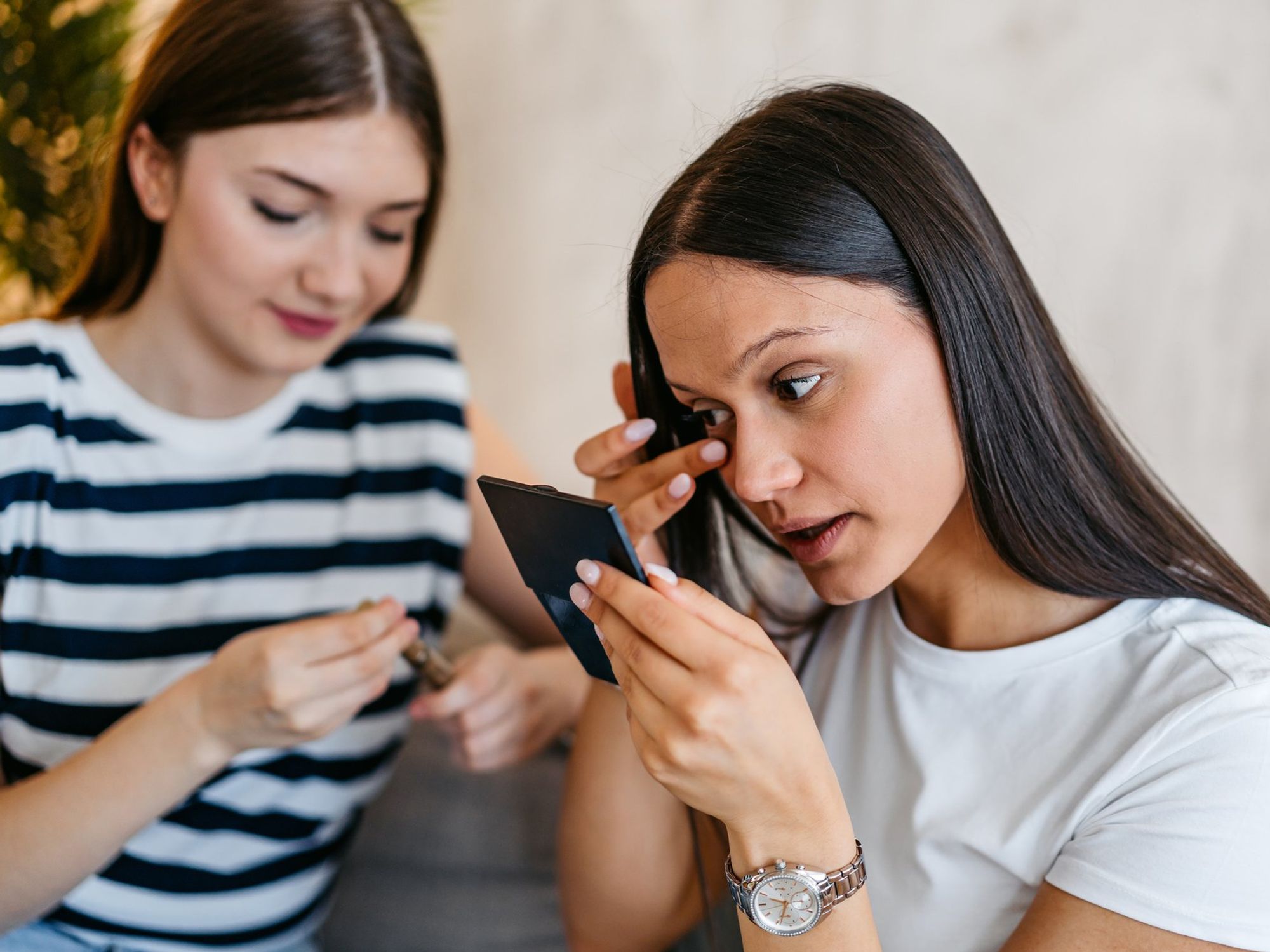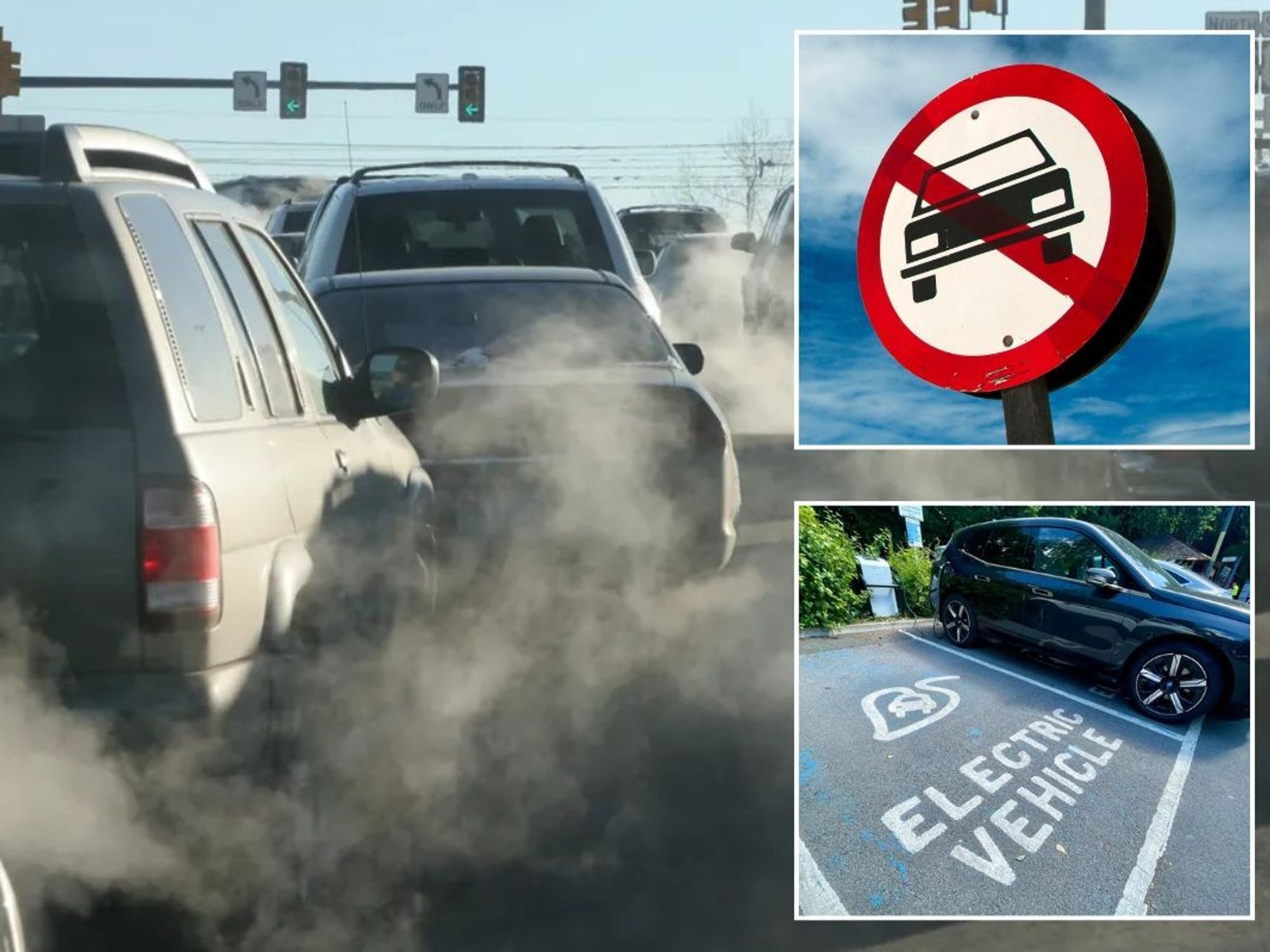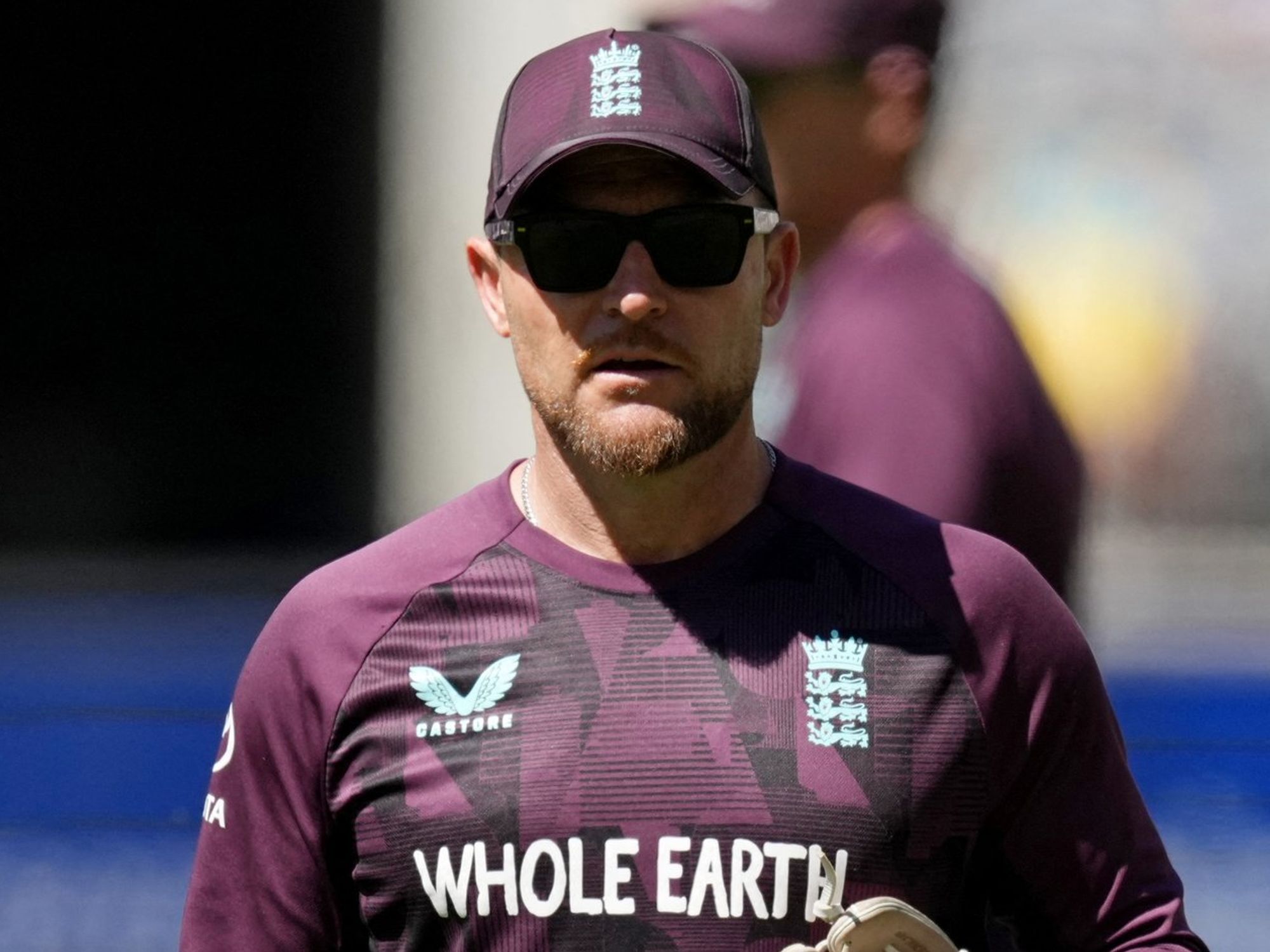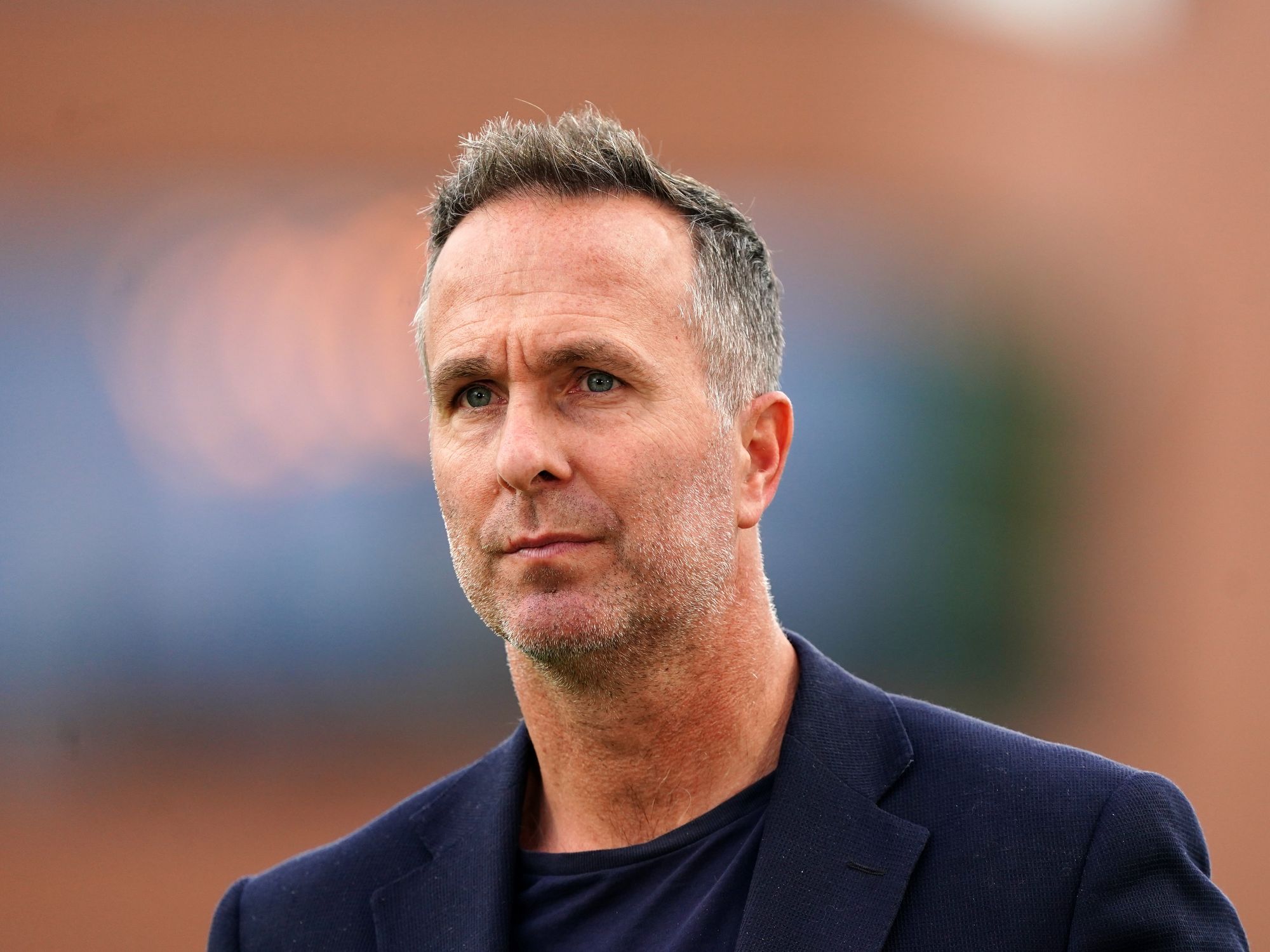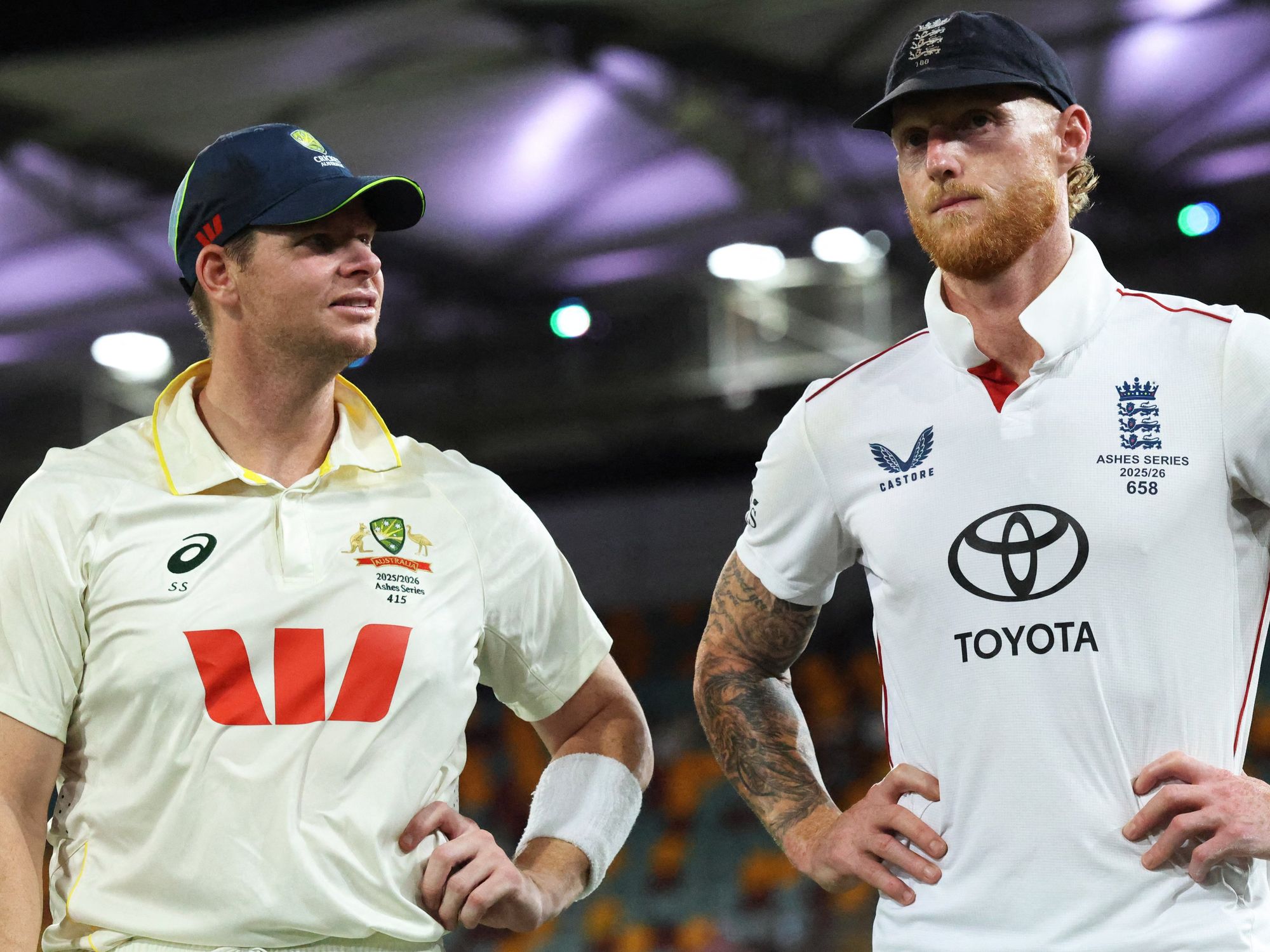Two tourists survive WEEK in dangerous Aussie outback after trusting Google Maps detour

A Wildlife Service Ranger said the tourists are lucky to be alive
Don't Miss
Most Read
Latest
Two German tourists were left stranded in a remote Australian national park for a week after following a misdirection from Google maps.
Philipp Maier and Marcel Schoene planned to drive from Cairns to Bamaga in northern Queensland when Google Maps directed the duo to follow an old dirt track.
The pair drove nearly 60km through Oyala Thumotang National Park when their car became bogged in mud.
"We thought just do it because maybe the main road is closed because of a high river," Maier said.
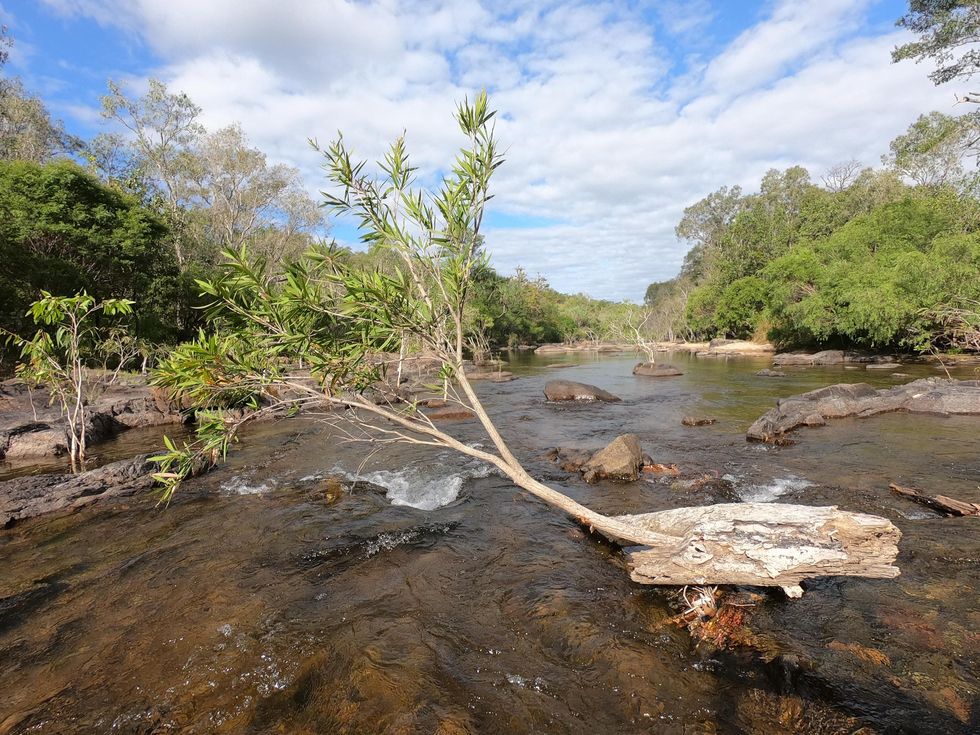
Two German tourists were left stranded in a remote Australian national park for a week following a misdirection from Google maps
|Getty
"Where we got stuck, it looks really dry. The surface was dry but under the surface, it was really wet and muddy.
"Almost impossible to get out of there."
With no phone or internet signal, they walked towards Archer River as it seemed closer to reach help.
In an attempt to cross the river, the friends used a fallen tree but realised it was too swollen following the recent cyclones and heavy rainfall.
LATEST DEVELOPMENTS:
Schoene explained that they slept beneath trees under a shelter for protection.
They walked from sunrise until midday when the heat was at its peak and then once again from 4pm until midnight.
A week later they arrived in Coen and told authorities what had happened.
Queensland Parks and Wildlife Service Ranger Roger James said the tourists are lucky to be alive.
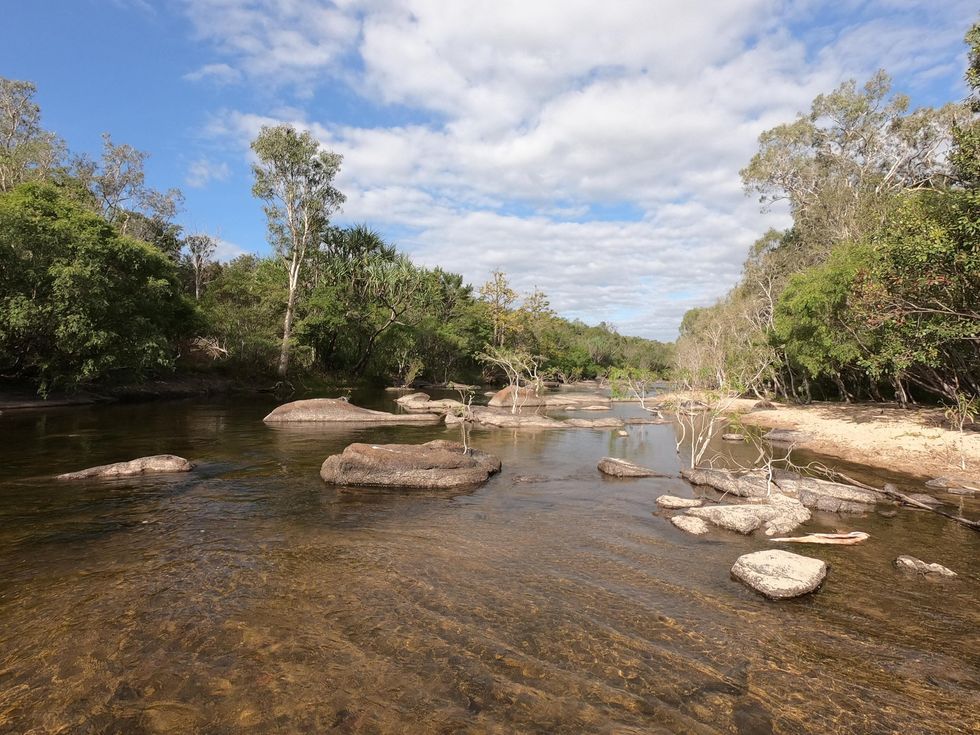
Philipp Maier and Marcel Schoene planned to drive from Cairns to Bamaga in northern Queensland
|Getty
"Rangers assisted the local mechanic in retrieving the tourist's car, which is much better than assisting emergency services in the search for bodies," he said.
"People should not trust Google Maps when they're travelling in remote regions of Queensland, and they need to follow the signs, use official maps or other navigational devices."
Schoene added: "It was a good experience but a hard experience I wouldn't want to live this again."


